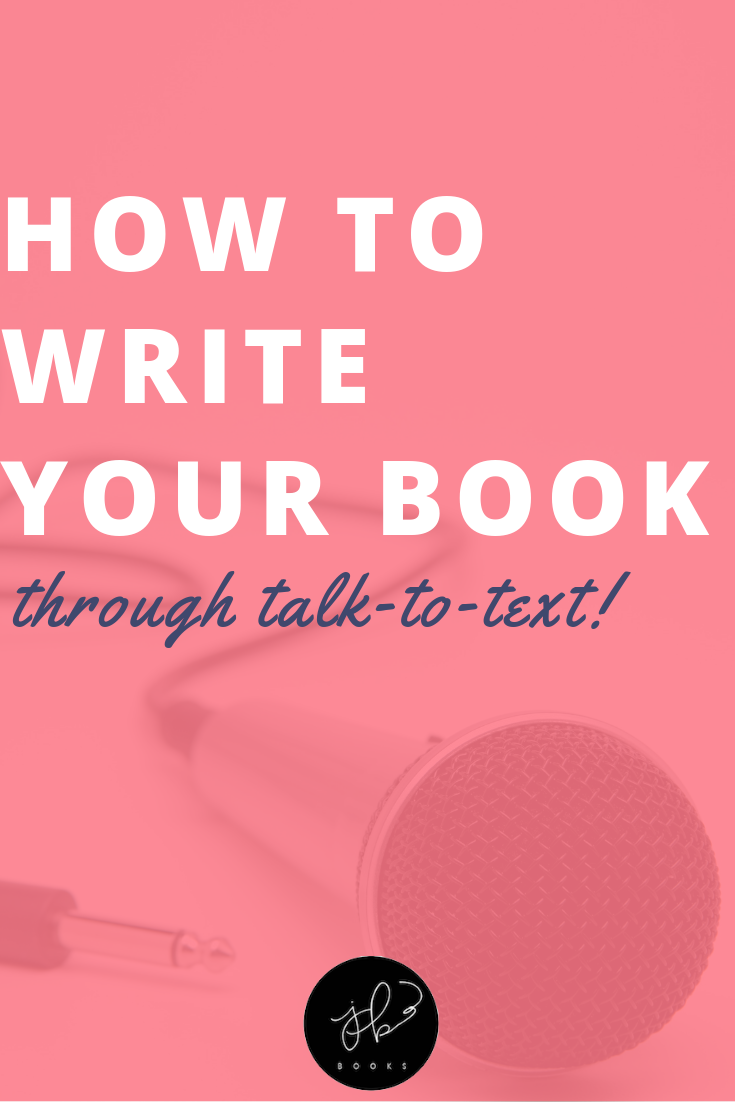Thinking of writing a sequel to your novel? Take it from someone who has made it happen! Here is an in-depth look at the process and how I made it work. Enjoy!
1. I wrote a novel. And as of last week, I wrote a second one. That Was the Year will be making its debut into the world in the near-ish future, so until then, you should probably check out These Are the Moments, aka novel #1, aka #TATM.
2. Writing a novel is a strange process. It's kind of like giving birth, except from your brain. (Okay, that's a weird analogy. Let's pretend this didn't happen.) If you're looking for a place to start diving into your writing adventure, there are tips over here.
3. And the last thing you should know is that I need to go to sleep, but I wanted to write to you instead. I don't know why you need to know that, but there it is.
Okay, let's begin.
1. You still don't know what you're doing.
I'll be honest with you: it was really hard for me to start this second novel. In this book, there were way too many possibilities of where the story could lead. But also? I didn't know what I was doing. Maybe I'll never know what I'm doing. I'll just keep writing and pivoting and filling the pages.
So, don't beat yourself up. The trick is to admit that you're not an expert, then work like crazy to make words happen.
2. The story isn't just yours anymore.
When I was writing These Are the Moments, I could take my time. The story was something that existed in my head and on the pages that I kept tucked away. When I shared my first scene on this blog, I felt that change. Please know that I don't pretend to have any sort of massive reader base, but I have a loyal, important group, and that's all that matters, isn't it?
Anyway, like I was saying... this story doesn't just belong to me anymore. I have a responsibility to the people that found the first book and claimed it as something that happened to them. (Do you ever have books like that? Ones that you didn't just read, but actually experienced?)
There's an unspoken pressure with book #2. There are people that are waiting in the background, wanting to know how it all ends. Heck, I wasn't even going to write a sequel until I was asked. So, that's power.
3. You have to remember things that you don't.
Details, my friend. Details are the clincher. Because I didn't know that I was writing a series, I didn't take overwhelmingly precise notes with book #1. And because there was time to forget, I couldn't remember all the details I'd thrown into the book. For example, there's a line in book #1 that mentions Reese's parents' house. So, poof. Reese got a stepdad.
Because, details can also work in your favor. To add to our example, there's a line in book #1 that says Wendy wonders if Reese ever wonders about her dad. From that single line, I carved out a whole second book.
There are things you remember, and things that you don't, but they're all important. So, make sure to go back and reread like crazy, raking through the details, taking notes. You'll be happy you did.
4. You have options. Sometimes, too many.
How do you want to write your sequel? Do you want to pick up where you left off? Do you want to use the same POV or a different one? Who gets to tell this story and how will he/she tell it? As you can see, the options are endless.
With my sequel, I chose to highlight a different main character, which opened up the story to a world of backstory that didn't exist before. With a new main character, I had to explore a new family, a new childhood, and a completely new set of ethics. The possibility of this was crippling at times. Ever feel like you don't know where to start? Me. Too.
5. You don't have options. You're limited.
Here's the strange part: all of these "options" are also, well, limited. Once you pick your path—character, timeline, setting, whatever—then, you have to stick to it. And, don't forget, you've got a whole book behind you already, so you've already laid the groundwork.
Try to think of this as the middle/end of your story, rather than a brand new novel altogether. You've already given your readers an expectation of what they'll get from you, and you need to keep to that established world. (If you're a people pleaser like me, this is called, I-don't-want-to-let-anybody-down syndrome.)
6. You have to be more interesting than ever.
Take a moment to think about successful sequels: books, movies, whatever. Now take a moment to think about sequels that weren't so successful. As a reader, I feel viscerally defensive of the stories I love. I completely understand the impulse to blame the author for "messing up" a story, for letting me down. As an author, I'm terrified of this tomato-throwing.
When it comes to sequels, we can't get lazy. In fact, we have to dig in, knuckle down, and amp up the energy. We have to preserve the reader experience from book #1, while adding to it. As you can see, this is a pretty tall order.
7. You may not be making the right choice.
I can think of several sequels that I wish wouldn't have happened, but I defer to the authors on that one. Those authors wrote those books for a reason, even if the readers would rather pretend they didn't. For me, I recognize that book #2 may not be loved as much as book #1. That's a possibility with any second book: sequel or not.
But, the good news is that I was asked to write this book. The idea didn't start from my brain. So I write for those people, and the rest is up to them!
8. You have the opportunity to have a whole lot of fun.
That's right! There is a positive side to all this sequel writing business. By now, you know your characters and your readers. You've paid attention to the reviews. You've screenshot their comments on Twitter. (What? Just me?) So, you've got a chance to play up their favorite parts from book #1 and to build on any theories or curiosity they had from there.
For me, I picked Reese as the next main character because she's the spontaneous one, the one with the quick one-liners and the crazy antics. Everyone wants to know that girl more. But, it's my job to make sure you never quite pin her down completely. Complexity makes everything more interesting and fun!
9. You need a stellar plot or your reader will frown.
If your reader is returning to your sequel, then you have their loyalty and interest. There's only a short amount of time in the day, and they could read millions of other books, but they picked yours. Pretty cool, right?
If you fill your sequel with filler, then your reader will notice. Your reader can tell if you're floundering to make a plot work, and they'll bail. The great thing about being a writer is that we can sympathize with our reader, because, well, we're readers, too. My advice? Get help. Get feedback. Make sure to make this work your best.
10. You have to send off your story, in one way or another.
So, what now? Are you done? Is this the proper way to send off your characters? Maybe, there's more for you. There certainly is for me. (Yep, #TATM3 is a real thing, y'all.) If this is the finale for you, then make sure that all the loose ends get tied up. Make sure everything you started is resolved in some way or another.
If it's not the end for you, then make sure that's clear. End your sequel with something big or exciting. There is no District 12. That kind of big, people. Whether you have one more book or seven, then it's your job to make each book better than the last.
And, there you have it. Writing a sequel is a challenge, but that's the creative life for you. I wouldn't have it any other way.
Discussion time: Are you writing a sequel or have any questions about writing one? I'm hanging out in the comments, so you should, too.









